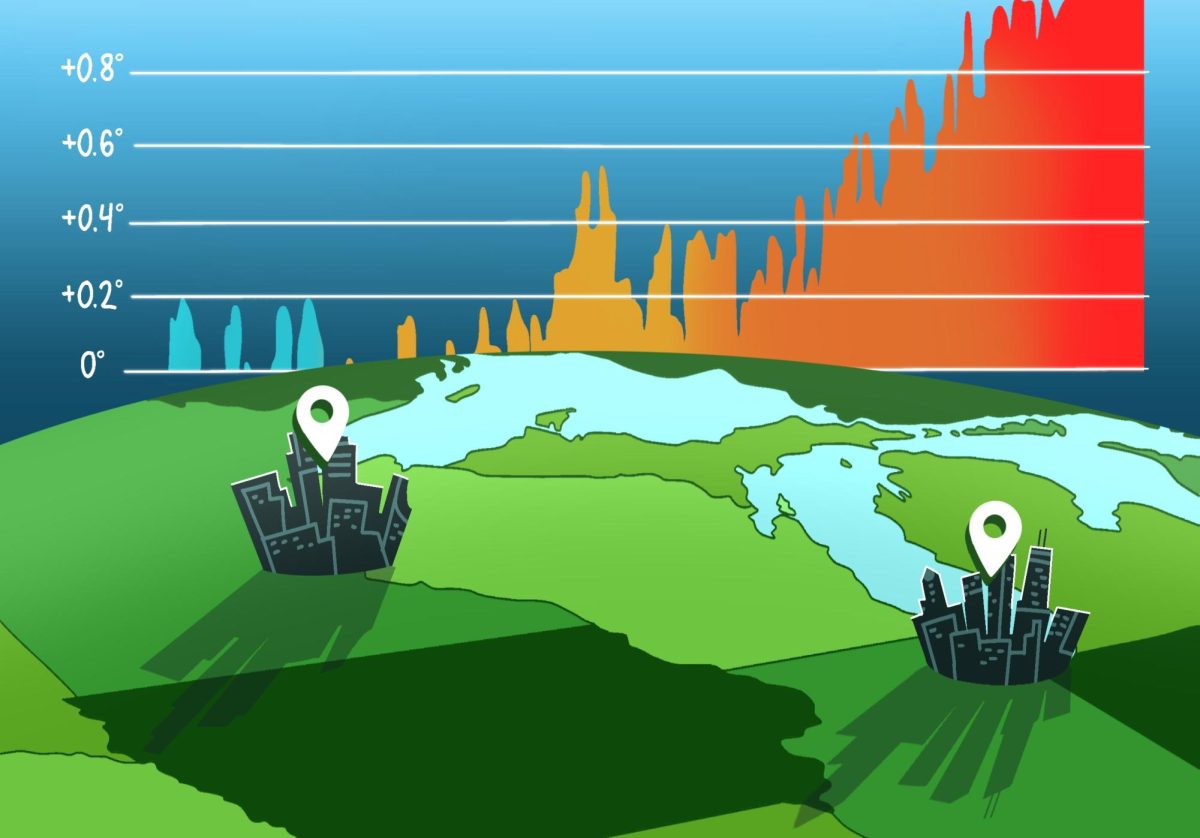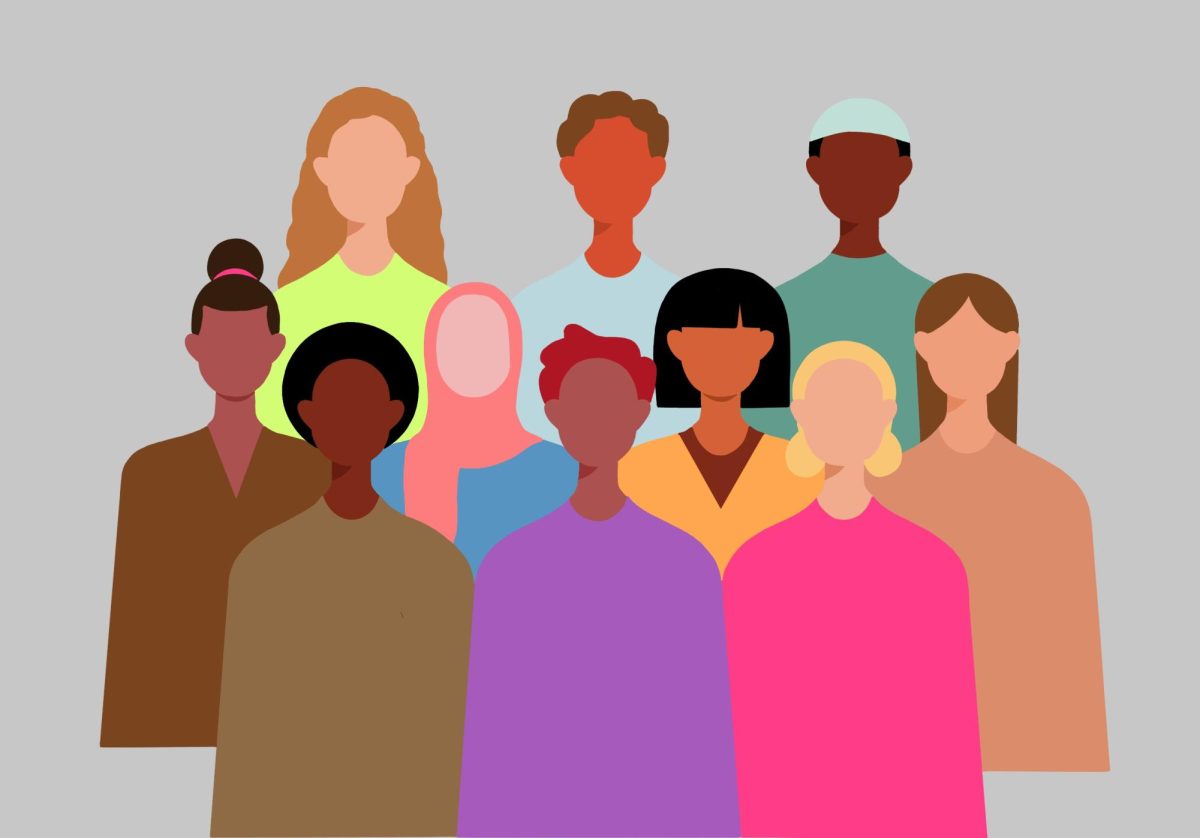Imagine studying for years — staying up late, missing out on other parts of your life — to get a degree. Maybe it’s in medicine, law or engineering. When you finally graduate, you’re excited to put your skills to work, to help people, to make money to support your family. Maybe you even get a chance to do that for years or even decades.
Then, something happens. Maybe the local economy dries up. Maybe war breaks out, and you’re forced to flee. Either way, you move to another country. And you get lucky — really lucky. You’ve made it through the American immigration system. Give me your tired, your poor, and so on.
But, once you get here, it turns out people think your degree and your experience are all but useless.
“You see, basically everywhere across New York City, cab drivers who have PhDs is a classic example,” said Van Tran, a sociologist at the City University of New York who is also a refugee from Vietnam.
Credentials from certain countries are valued higher than others.
“For example, if you come from France and you graduated from Sciences Po, people would accept your degree as appropriately credentialed,” Tran said.
By contrast, countries from the Global South are less likely to be seen as properly credentialed.
“To be fair, there are reasons why we question them,” Tran said. “One of them is the lack of equivalency.”
Take medical education, for example. “To get a medical degree here, you have to go through undergrad plus some more,” Tran said. “In other countries, medicine is one of the undergrad majors.”
I also think it’s simply true that the education system in countries with fewer resources than the U.S. will often not measure up to our own. But that doesn’t mean every doctor who comes from a poorer country should have to give up medicine or go through med school all over again.
There already exists an industry of credential evaluators who try to determine if someone’s credentials are similar to the U.S. equivalent. However, there are policy changes we can make to make this whole area easier.
Cecilia Esterline researches immigration at the Niskanen Center, a centrist think tank. She pointed to a program in the state of Washington in which immigrants who were doctors in their home country can work for two years under an American doctor.
However, to get fully licensed as a doctor, they still need to do a residency, which is hard to get since they’re not really at the beginning of their career.
Depending on the year, “for U.S. medical graduates, the residency match rate is about 90–95%,” Esterline said. “For international medical graduates, even if they have 15 years of experience or however much it is, that match rate is still only in the 50s.”
Esterline argued such a matching program could potentially fulfill the residency requirement if policy was changed. I think this is a good idea: these doctors will have proven they’re capable of working in a U.S. medical environment, and we need more doctors.
Another policy that could help is the Conrad waiver program. This program exempts foreign medical graduates with a specific type of visa from having to leave the country for two years once their visa runs out, so long as they spend three years working in a place that has a shortage of health workers.
Sam Myers is one of the country’s leading immigration lawyers and helped write the law for this program. The Conrad program currently has a cap of 30 doctors per state.
“I had suggested that they not have any cap or number, and the staffer said to me, well, that’s not gonna work,” Myers said. “The opponents are just gonna say, what do you want to do, fill up our country with a bunch of immigrants?”
If I were talking to that staffer, I would say, yes! That’s the point! We have a shortage of doctors, some places have a shortage of teachers. If we can fill those vital positions while also providing an opportunity for people from other countries to get paid way more than at home, I think that’s great. For instance, Willmar, Minnesota, has hired teachers from the Philippines and Nicaragua to address a shortage.
Another policy change that could help would be to update Schedule A, a list of types of jobs that have a shortage of qualified candidates, and therefore get faster visa processing. According to Esterline, this list “hasn’t been updated in 30 years.”
She pointed out our economy has changed a lot since then. “There are jobs that didn’t even exist 30 years ago that we now have a national security interest in,” Esterline said. She gave the example of artificial intelligence.
Credential transfer can be especially hard for refugees and other forcibly displaced people.
Jessica Crist used to work in international student services at George Washington University. For many refugees, she said, “it’s just impossible for them to get their hands on some of these documents, like transcripts, or even the diplomas, because universities have been destroyed physically or they’ve been exiled from their country.”
Crist pointed to the World Education Services Gateway Program as a positive step toward fairly evaluating refugees’ credentials. In addition, she said doing more skills tests could be helpful for migrants in general.
“The university could offer that as, like, ‘OK, we understand that you’ve done three years of study, which in your country is equivalent to a bachelor’s degree,’” she said. “‘Take this skills test to determine if you have the knowledge base to come in and start a graduate degree.’”
Credential evaluators might also want to rethink some notions of university prestige. Tran brought up Peking University, the most selective in mainland China.
“Given the size of the Chinese population, getting into Peking University is actually more selective than getting into Harvard or Stanford,” he said.
Recognizing migrants’ credentials is a matter of basic fairness. These are people who are smart, educated and accomplished, and they should be allowed to use their skills. But, it’s also a good idea from a selfish, nationalistic point of view. Americans would be foolish to turn down the opportunity to have more smart people working in important jobs.






















